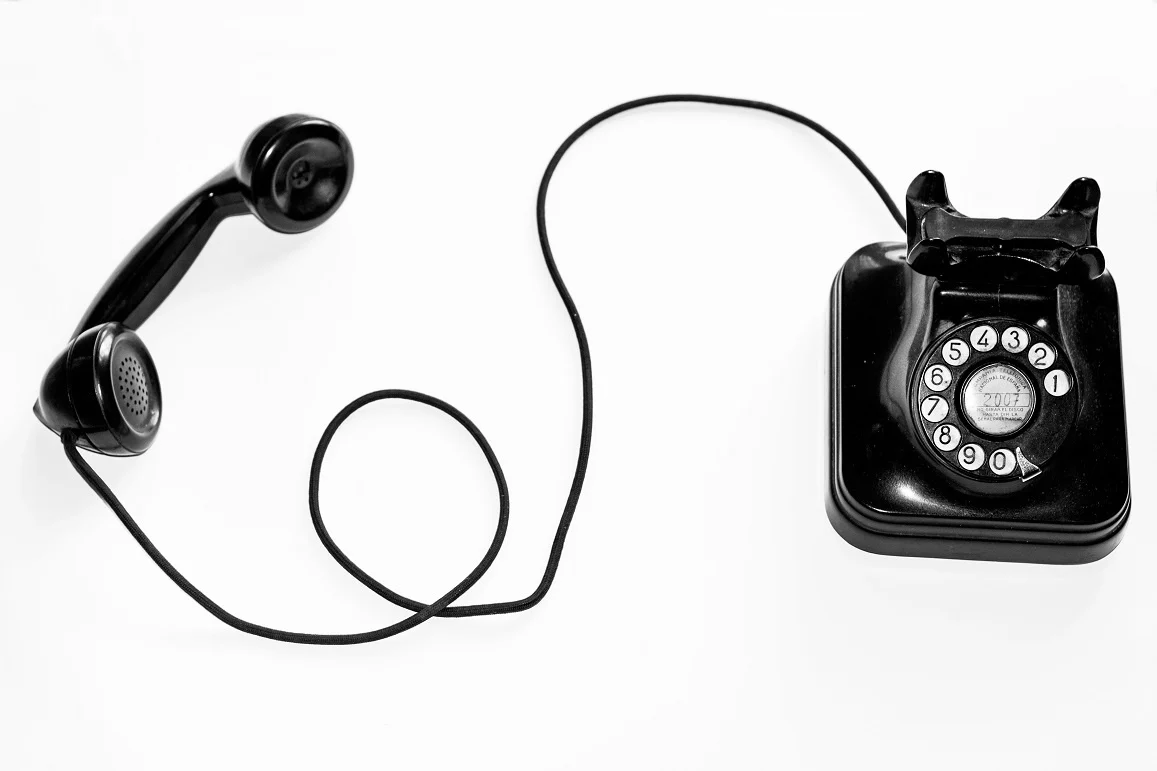
Six mistakes that turn in-home interviews into a logistical nightmare
In-home interviews are a qualitative market research methodology whereby one-to-one interviews are carried out with participants in the comfort of their own home. They’re a really great way of gathering high quality data: you can ask specific questions, build a rapport and all the while keep an eye out for actions and nonverbal clues too, making it a fully-rounded research method that can offer great insights. However, there is quite a bit to organise to make sure they are a success, and as a result scheduling can sometimes be a bit of a nightmare. Don’t worry though - the secret to success is all in the preparation, which is why we’ve put together our top tips to ensure your in-home interviews aren’t a logistical nightmare.
Read on to find out more…
1. Make time for phone validation
Verifying your participants via telephone during the recruitment stage can save you from a great deal of drama further down the line. It might take a bit longer, but trust us it’s worth it! First of all, you can be completely sure you have found a fantastic respondent by confirming the key areas of qualification to make sure they’re the right fit for your interview. Not only that, but it also gives you a chance to start building that all-important rapport with your participants too, which will make them feel more comfortable with you on the day - meaning more insightful results and less chance of drop outs. Lastly, chatting to your respondents on the phone can also help to expose frauds as well as allowing you to ask exclusion questions so you can be sure you aren’t talking to participants who regularly take part in research either. See - we told you it was worth it!
2. Be realistic about your audience
When it comes to scheduling in-home interviews, you need to put yourself in your participants’ shoes. Remember, it’s not about what’s best for you - it’s about what works for them. For example, if you are carrying out an in-home interview with parents, school pick-up and drop-off times are out of bounds and it’s also best to try and avoid scheduling interviews during school holidays, which means term times in the day are most likely your best bet.On the other hand, if you are looking to interview people who work 9-5 then evenings and weekends will probably work best (sorry!). By making sure your interview timings best suit your participants you can ensure you’ve got happy respondents and prevent dropouts further down the line as well.
3. Encourage open and frequent communication
If you’re scheduling in-home interviews then communication is key: not only can good communication make sure everything goes according to plan, but it can also help you to build that all-important rapport with your participants from the very beginning. We’d recommend staying in touch with them after they’ve been booked and the initial confirmation has been sent - chase them to respond to you if you need to; it shows they are still interested in taking part! You should also make sure you schedule reminders in the lead-up to the interview. We’d recommend reminder emails in the weeks leading up to the interview, reminder calls the day before and a text message on the morning to make sure everything is still on. Basically, never leave dropouts to chance - but try and not be too much of a nuisance. It’s all about balance!

4. Give them all the information they could possibly need
The golden rule of a successful in-home interview is to make sure your participants have all the information they need right at their fingertips. Don’t expect them to chase you - you need to give them as much info as possible beforehand so they are completely comfortable and there aren’t any nasty surprises on the day. After all, whilst it might be the norm for you to rock up at someone’s house to carry out a one-to-one interview, your respondents are probably feeling a tad more nervous - so having all of the necessary information upfront will calm them down. Do they need to have proof of ID ready? How long will it take? Who will be attending? Will you need access to technology? If so, let them know in advance so they can be fully prepared.
5. Make sure you’re prepared too!
Saying that, it’s not just your participants who need to be fully prepared - you need to be 100% ready as well to make sure everything goes smoothly on the day of the interview. Have you confirmed their address? Have you planned your route? Do you know how long it will take you to get there? And have you allowed enough time to travel between each destination? What about any materials you need to take in with you - have you printed them out in advance? Planning ahead means you can be confident everything will go according to plan on the day - which means a happy interviewer, happy respondents and most importantly, insightful results.
6. Last but not least - on the day
On the day of the interview itself, you need to make sure you give your respondents enough care and attention so they feel as special as possible. Start by making sure they are comfortable and that they have everything they need. From making sure they have a glass of water to offering them another chance to go over anything they are unsure of, the little details can make all the difference. You should always try and make sure your respondents feel as if they are number one; make sure you come across as friendly, approachable and genuinely interested in what they have to say - after all, there’s no point putting so much effort into the planning to ensure everything runs smoothly and then falling at the last hurdle!
Although there might seem a lot to organise, in-home interviews and the deep insights they can uncover are undoubtedly worth the hard work! If you follow these tips, you can ensure that your interview runs smoothly on the day - and hopefully you and your participants will enjoy the process along the way as well!



-Feb-19-2026-09-59-49-0345-AM.png)


.webp?width=500&name=MROCS%20GKA%20(1).webp)







